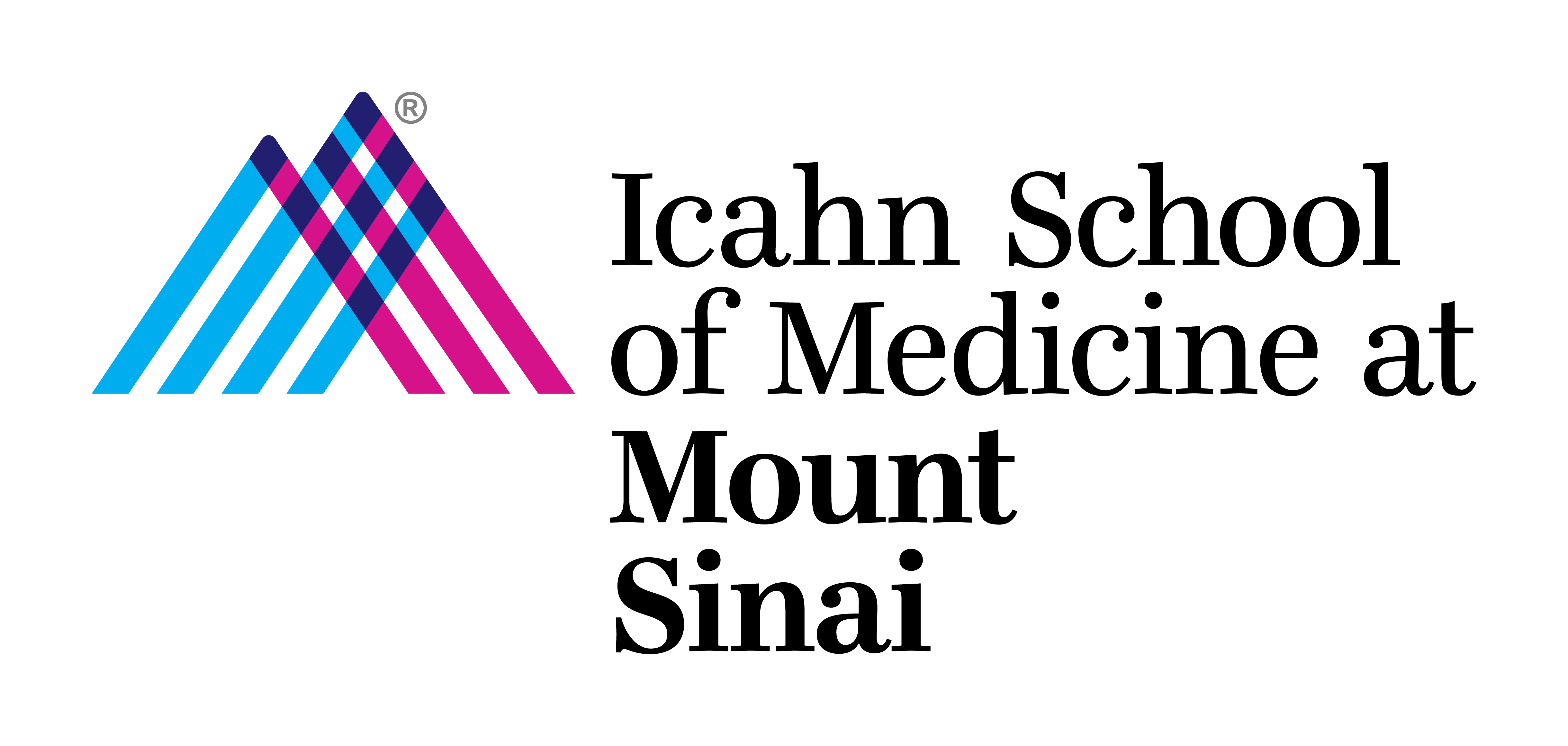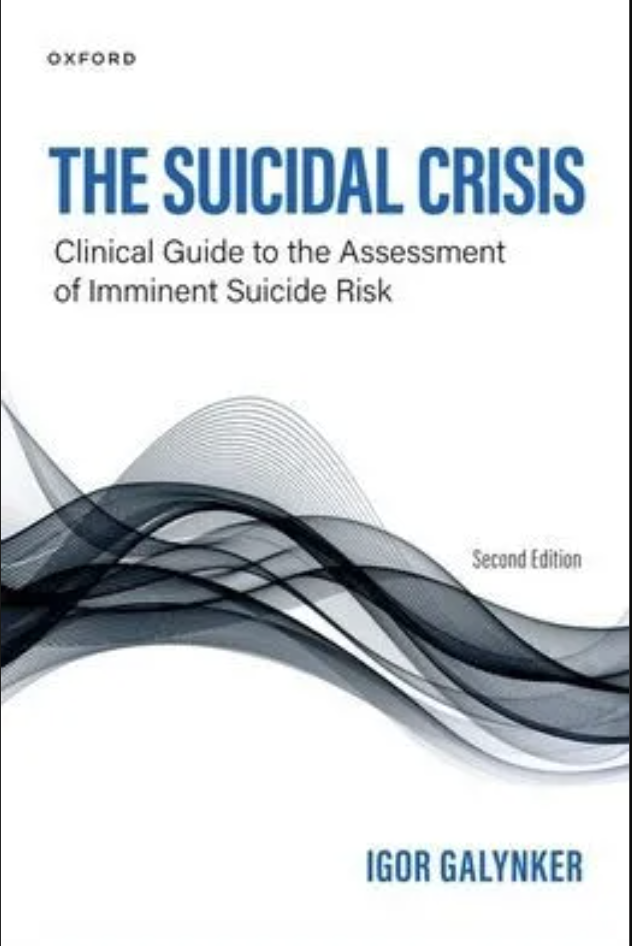WELCOME TO THE MOUNT SINAI SUICIDE PREVENTION RESEARCH LAB
Directed by Dr. Igor Galynker, the Suicide Prevention Research Lab at Mount Sinai conducts clinical research focused on understanding the Suicide Crisis Syndrome (SCS): a negative cognitive-affective state associated with imminent suicidal behavior in those who are already at high risk for suicide. We also investigate the mechanisms by which traditional long-term risk factors such as mental illness or histories of past attempts interact with the SCS to increase risk of suicide in the immediate future. Our hypothesis is that long term vulnerability factors make it likely for some individuals in stressful life situations to conceptualize their live stories and Suicidal Narratives, which make the future unimaginable, and bring on the Suicidal Crisis.
OUR MISSION
To research, implement, and teach new methods of suicide prevention through treatment of the acute pre-suicidal mental state as a serious mental illness, including increasing the quality of communication between clinician and patient
The lab is actively investigating the Narrative-Crisis Model of suicide, which is based on this premise. Finally, we are studying how clinicians could use their own emotional responses to identify those at the highest risk for imminent suicide.
OUR RESEARCH
Suicide is a tragedy incomprehensible to most people, and yet nearly 49,449 Americans took their own lives in 2022; rates are continuing to go up despite efforts by clinicians, researchers and the concerned public. There is no single cause for suicide, but it often occurs when a person finds themselves trapped in an unbearable life situation, where escape seems impossible or unimaginable.
The Galynker Suicide Prevention Research Laboratory works to investigate the psychological processes which make suicidal behavior possible. Lead by Dr. Igor Galynker, the Lab Director and the Director of the Richard and Cynthia Zirinsky Center for Bipolar Disorder, the research team consists of multidisciplinary group of clinicians and researchers skilled at conducting suicide assessments and at interventions reducing suicide risk.
At the Suicide Prevention Research Lab, we conduct clinical research focused on understanding the Suicide Crisis Syndrome (SCS), which is a negative cognitive-affective state associated with imminent suicidal behavior in those who are already at high risk for suicide. We also investigate the mechanisms by which traditional long-term risk factors such as mental illness or histories of past attempts interact with the SCS to increase risk of suicide in the immediate future. Our hypothesis is that long term vulnerability factors make it likely for some individuals in stressful life situations to conceptualize their live stories and Suicidal Narratives, which make the future unimaginable, and bring on the Suicidal Crisis.
The lab is actively investigating the Narrative-Crisis Model of suicide, which is based on this premise. Finally, we are studying how clinicians could use their own emotional responses to identify those at the highest risk for imminent suicide.

Igor Galynker, MD, PhD
Professor, Department of Psychiatry, Icahn School of Medicine at Mount Sinai
Director of the Suicide Prevention Research Lab and Zirinsky Center for Bipolar Disorder
Associate Chairman for Research, Mount Sinai Beth Israel Department of Psychiatry
igor.galynker@mountsinai.org
Contact Us
Galynker Suicide Prevention Research Laboratory
45 Rivington Street, Floor 6
Phone: 332-243-1600, ext. 431634

